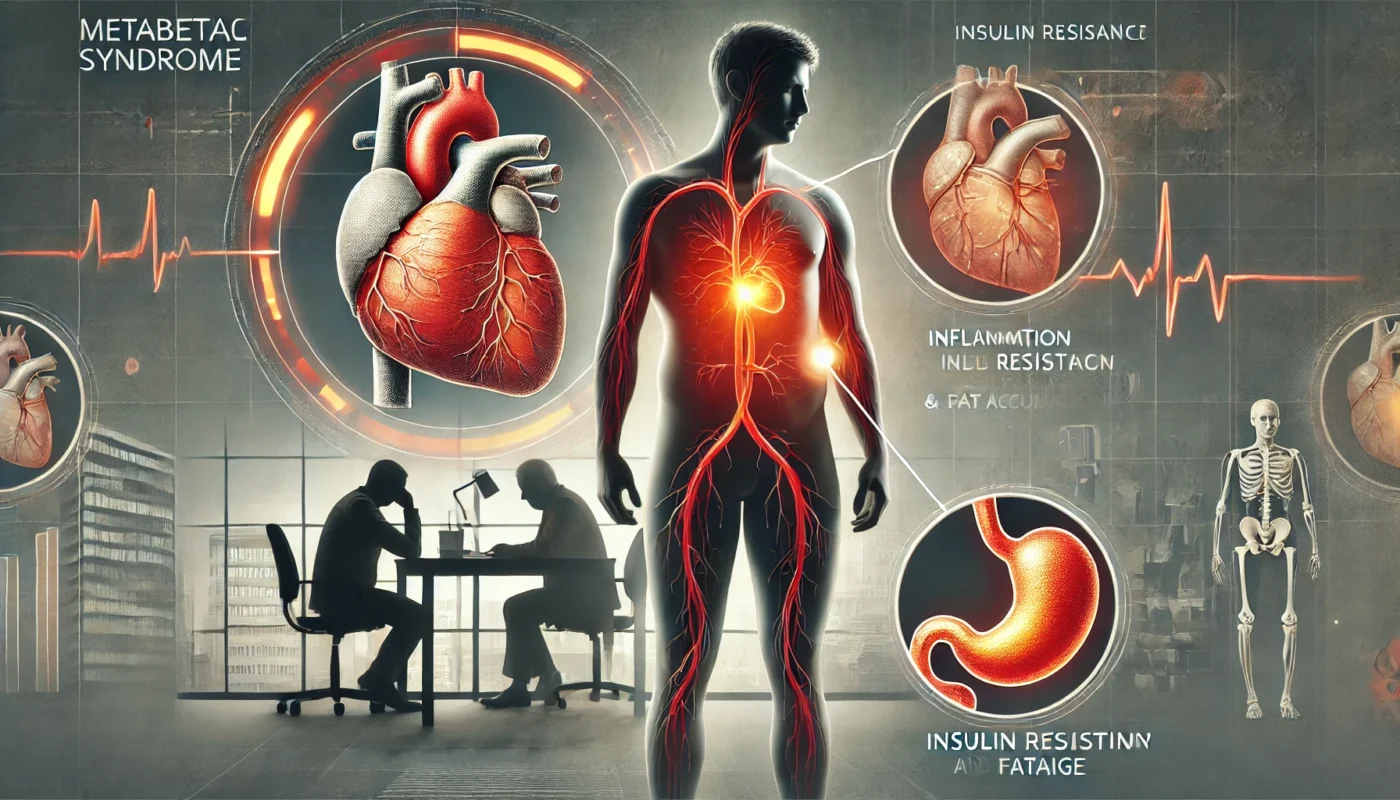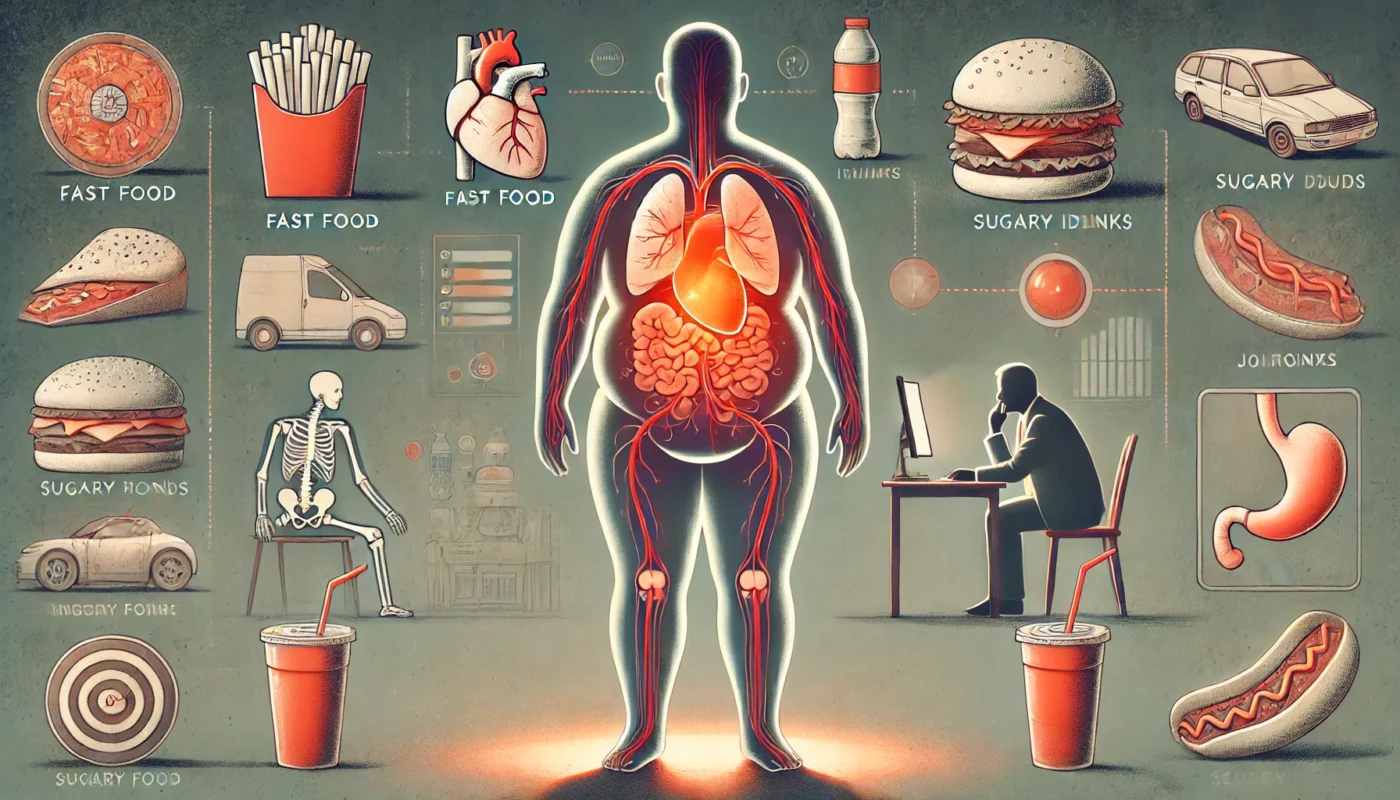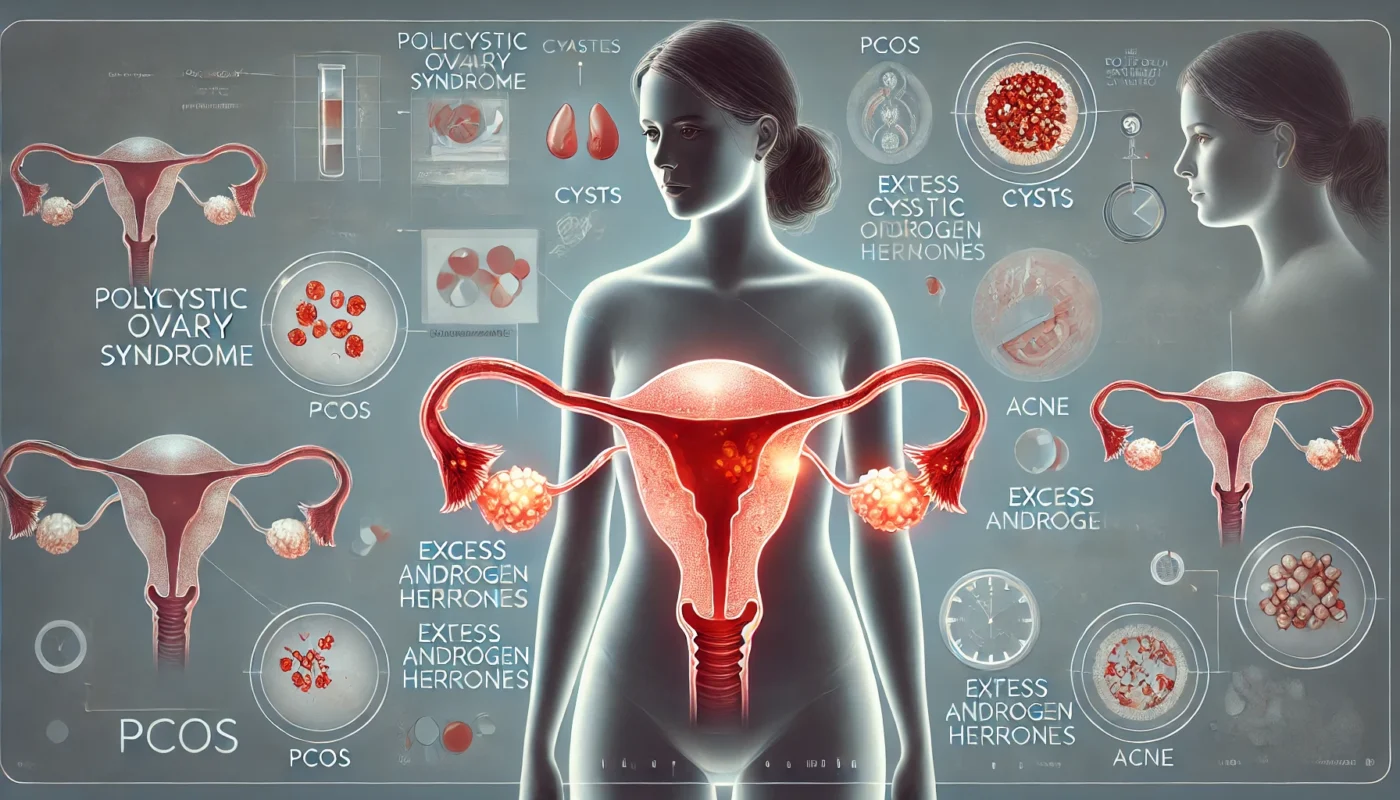Menopause is characterized by a significant decline in estrogen levels, which plays a crucial role in regulating body weight. This hormonal shift can lead to increased fat storage, particularly around the abdomen. The reduction in estrogen can also affect the body’s ability to utilize insulin effectively, potentially leading to insulin resistance and further weight gain. Understanding these hormonal changes is essential for managing weight during menopause.
Tag Archives: Insulin Resistance
PCOS is often associated with hormonal imbalances, particularly low levels of progesterone and high levels of androgens, which can exacerbate symptoms. Progesterone is crucial for regulating the menstrual cycle and maintaining pregnancy, and its deficiency can lead to anovulation (lack of ovulation) and irregular periods. Therefore, understanding how to increase progesterone in PCOS is a vital aspect of managing the condition.
Metabolic syndrome is a cluster of interconnected conditions that increase the risk of cardiovascular disease, type 2 diabetes, and stroke. It is characterized by central obesity, elevated blood pressure, dyslipidemia, and insulin resistance. According to the World Health Organization (WHO), metabolic syndrome affects approximately 20–25% of adults worldwide, posing a significant public health challenge. This […]
Obesity is a chronic health condition characterized by excessive body fat accumulation that negatively impacts overall health. With its growing prevalence, obesity has become a global public health challenge linked to numerous comorbidities, including diabetes, cardiovascular disease, and certain cancers. This article explores the multifaceted aspects of obesity, including its description, symptoms, causes, treatment options, […]
Polycystic Ovary Syndrome (PCOS) is a common endocrine disorder affecting 8–13% of women of reproductive age globally. It is characterized by hormonal imbalances, irregular menstrual cycles, and the presence of cysts on the ovaries. PCOS is a leading cause of infertility and is associated with metabolic and psychological complications. This article provides an in-depth look […]
In the quest for optimal health, the foods we consume play a pivotal role. One food that has sparked debate is rice.
Rice, a staple in many diets worldwide, has been scrutinized for its potential link to inflammation. This article aims to dissect this complex topic, providing you with a comprehensive understanding of the relationship between rice and inflammation.
Inflammation is a natural immune response, but when it becomes chronic, it can contribute to various health conditions. Diet, including the consumption of rice, can significantly influence inflammation levels in the body.
Different types of rice, such as white and brown, may have varying effects on inflammation. This is due to their distinct nutritional profiles and the way our bodies process them.
We’ll delve into the scientific research behind these claims, aiming to clarify misconceptions and provide practical advice. Whether you’re a fitness enthusiast, a health enthusiast, or a medical patient, this article will offer valuable insights.
By the end of this exploration, you’ll be equipped with actionable strategies to manage inflammation through your diet. Let’s embark on this journey to better understand the link between rice and inflammation.
Hypertension, commonly known as high blood pressure, is a significant global health concern, affecting over 1.28 billion people worldwide according to the World Health Organization (WHO). While salt has long been vilified as a primary dietary contributor to hypertension, recent research points to another hidden culprit: sugar. Excessive sugar consumption, particularly from added sugars in processed foods and beverages, is increasingly recognized as a major factor in the development and progression of hypertension. This article explores the relationship between sugar and high blood pressure, the physiological mechanisms involved, and practical strategies to reduce sugar intake for better heart health.
Hypertension, or high blood pressure, is a global health challenge affecting nearly half of the adult population, according to the World Health Organization (WHO). Managing hypertension is essential to reducing the risk of cardiovascular disease, stroke, and kidney damage. Diet plays a crucial role in regulating blood pressure, and in recent years, low-carbohydrate diets, including ketogenic (keto) eating patterns, have gained popularity for weight loss and metabolic health. However, their impact on hypertension remains a topic of debate. This article examines the relationship between low-carb diets and blood pressure, exploring whether these eating patterns help or hurt individuals managing hypertension.








